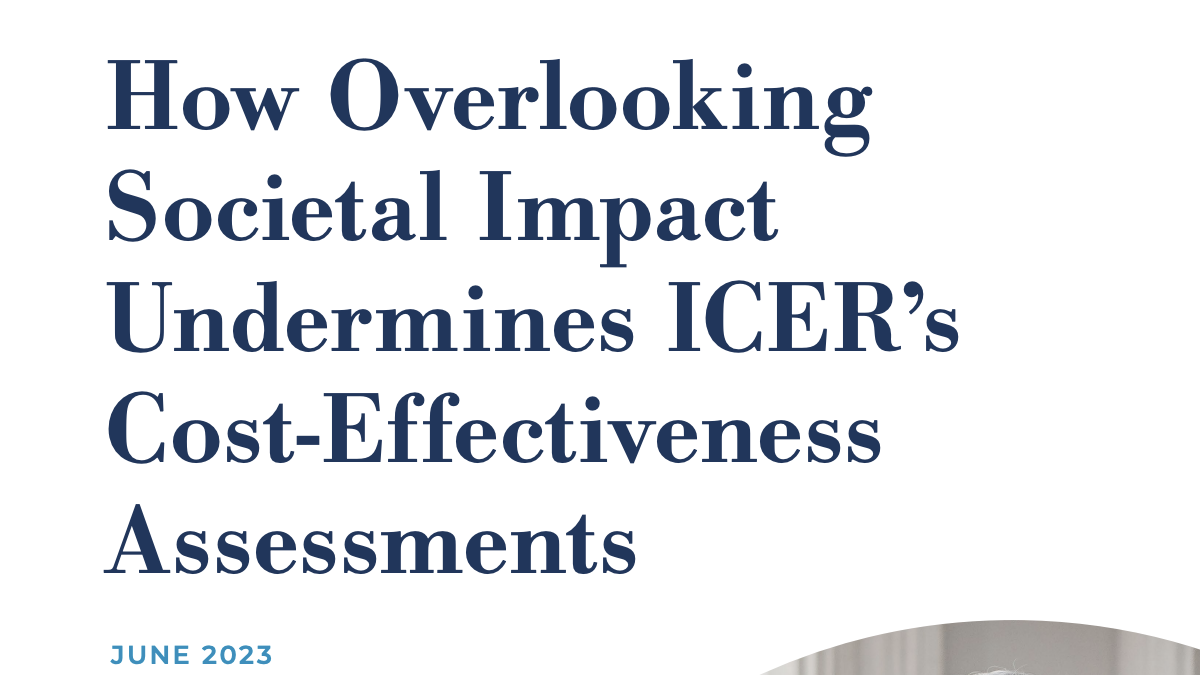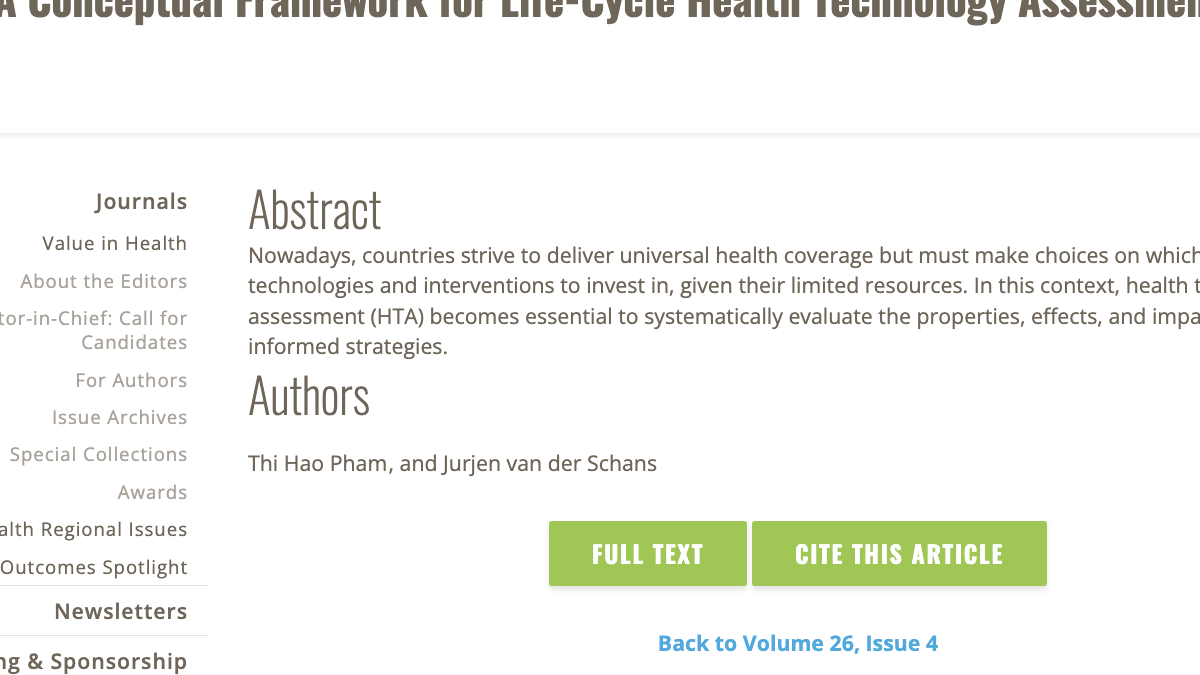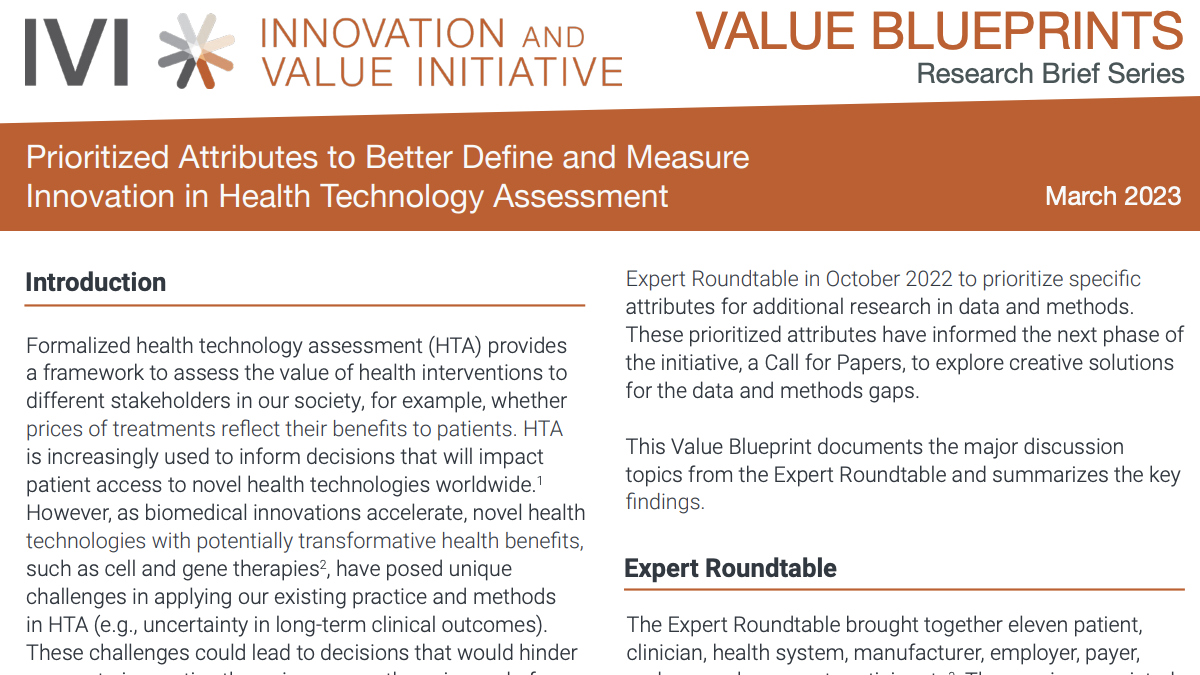By Seth J. Baum, MD
Preventing a serious cardiac event is a top priority for my patients, but the Institute for Clinical and Economic Review is about to make prevention a whole lot harder.
ICER is a Boston-based group of health economists that assess the cost-effectiveness of new drugs and devices. The group is wrapping up its review of 2 innovative high cholesterol treatments. The findings could affect the fate of millions of patients. ICER’s recommendations are known to influence health insurers’ coverage decisions. Yet ICER’s report, and the process that led to it, have several major flaws.
- It relies too heavily on clinical trials data. Clinical trials are sufficient for determining safety and efficacy, but they often lack substantial representation from communities of color who are most at-risk of cardiovascular disease.
- It is rife with flaws specific to how patients are really being treated. ICER’s model assumes that all high cholesterol patients are on high intensity statins, even though the American Heart Association puts that number at 44%. It also assumes that all high cholesterol patients use ezetimibe along with statins, even though a recent trial of more than 27,000 patients found that’s only true for about 5.2% of patients.
- It disregards the needs of high-risk patients. Heart attack survivors, for example, are much more likely to have another cardiac event. And women are more likely to experience statin-induced side effects. Both groups of patients are more likely to need something other than what’s been available.
- The voting panel lacked health experts. I’m sure ICER’s panelists are smart people, but they aren’t the most appropriate people for passing judgement about the value of a high cholesterol medication. Having no lipidologist on the panel was a glaring omission. Including Preventive Cardiologists would also go a long way.
Each shortcoming increases the likelihood that ICER will come down with a one-size-fits-all recommendation for a high-risk patient population. Such economics-based decisions have the potential to keep patients from accessing the treatment that is best for them.
Conversely, individual patients benefit when their physicians have the ability to select the most appropriate treatments for them. This type of patient-centered care also has the potential to move the needle on the nation’s cardiovascular disease mortality rate. And ICER can’t put a value on that.

Seth J. Baum, MD, is a practicing cardiologist in Boca Raton, Florida and a member of the Alliance for Patient Access.




